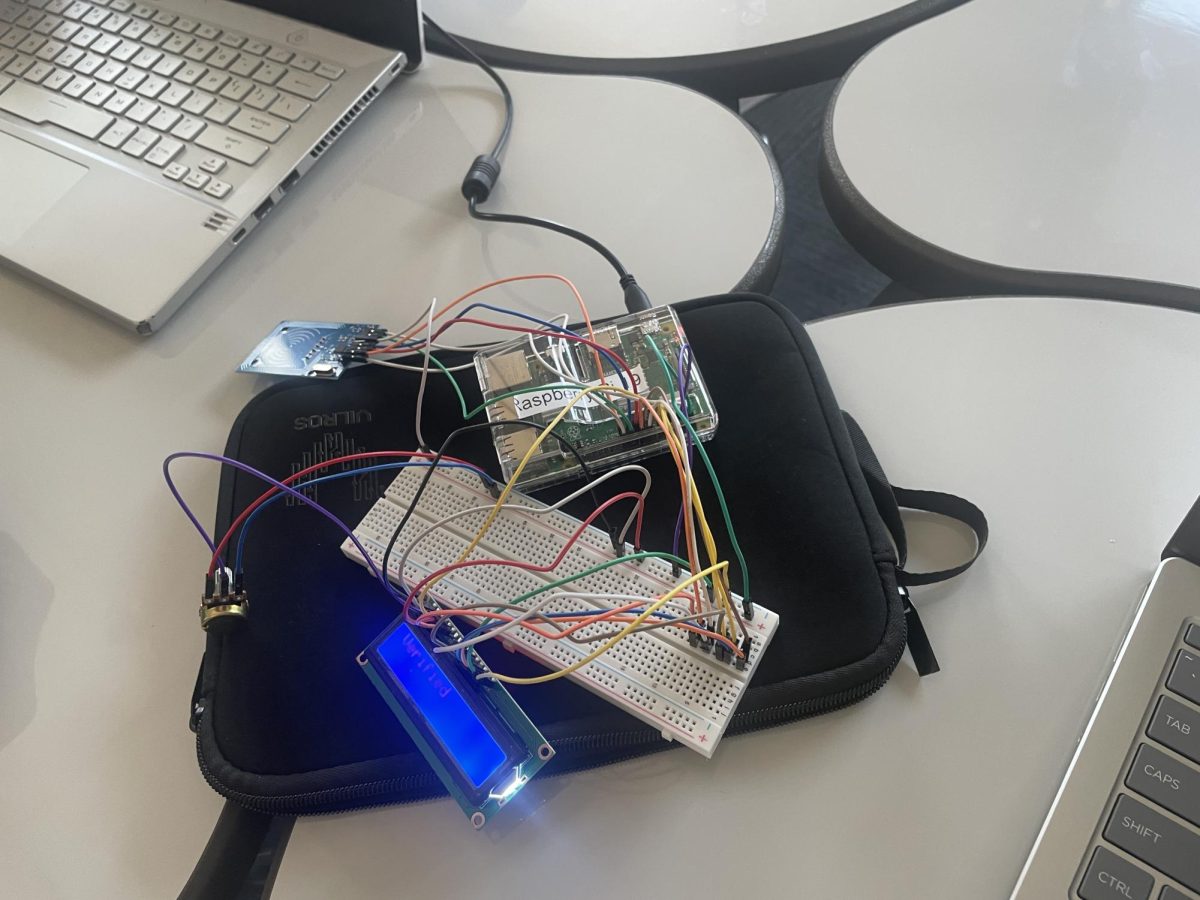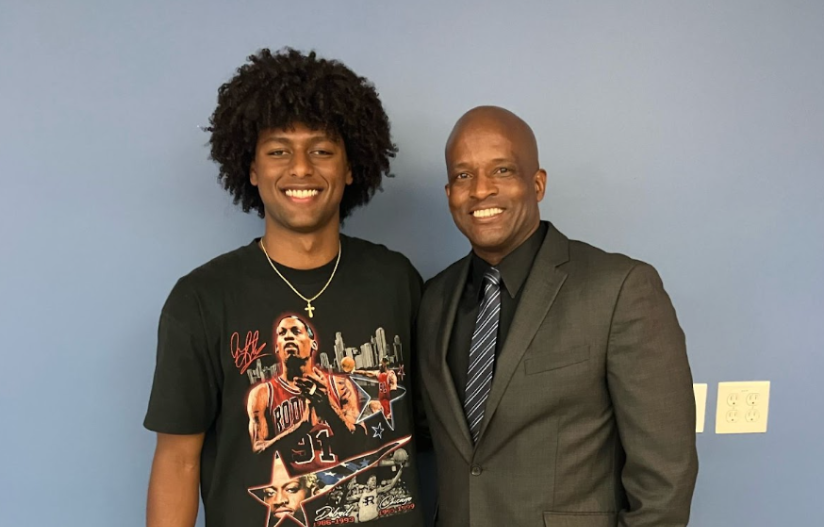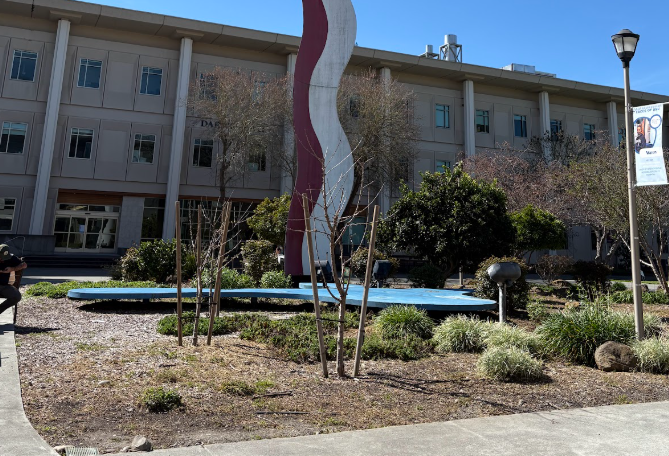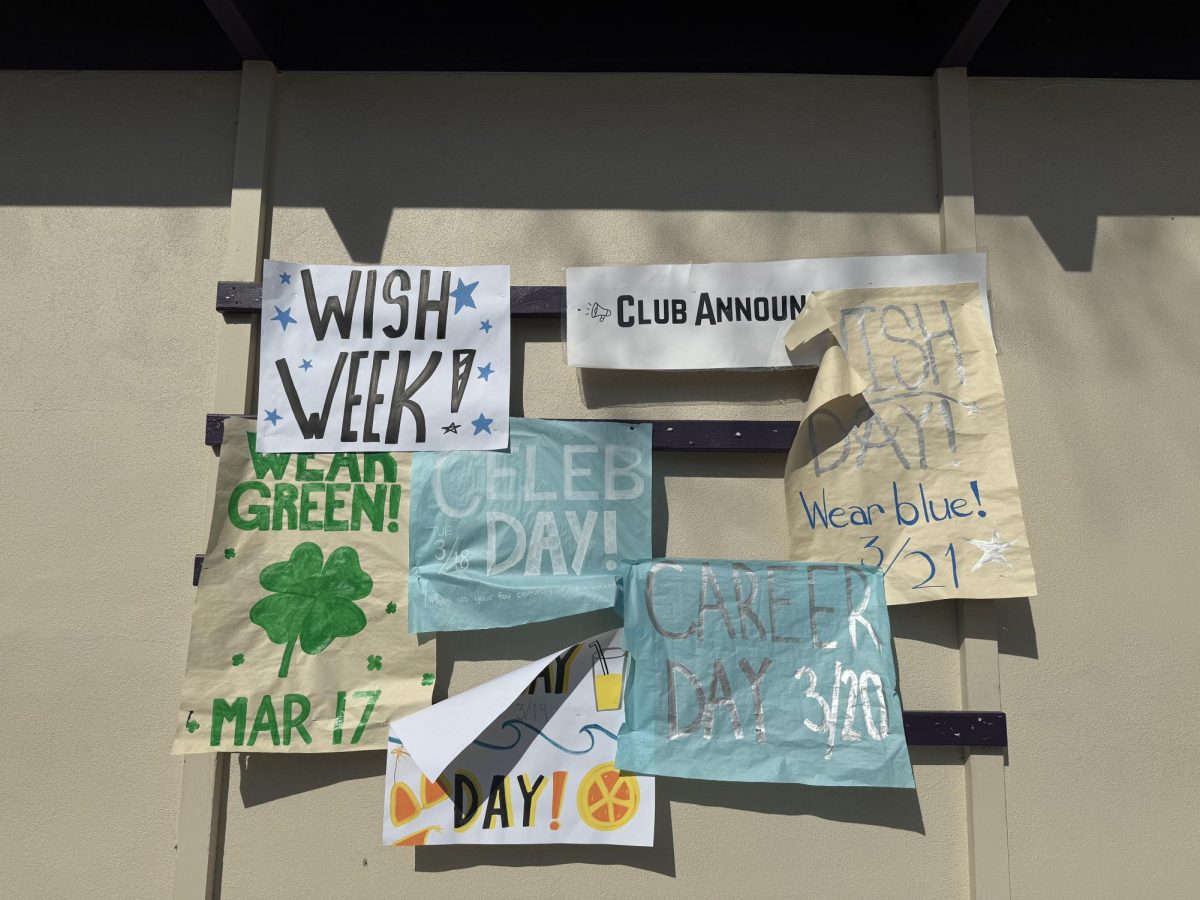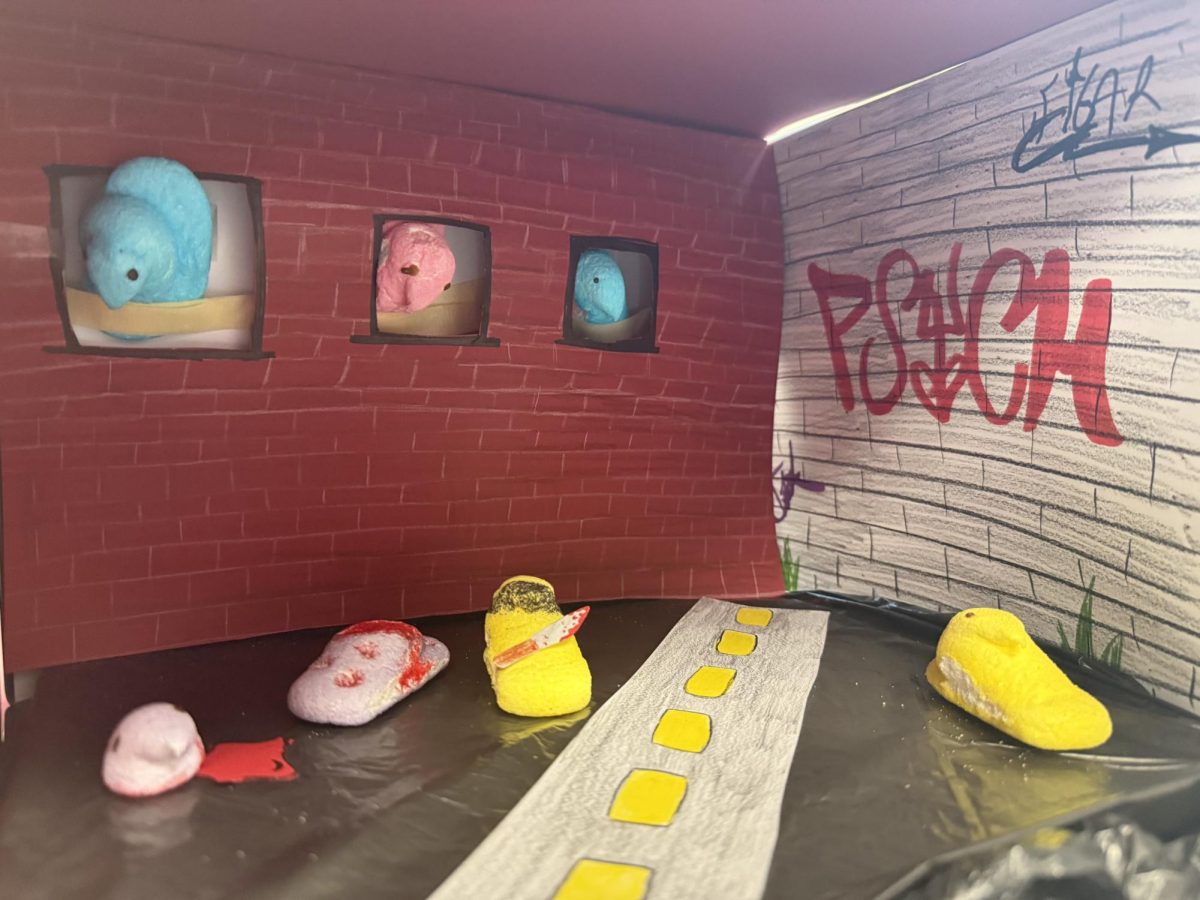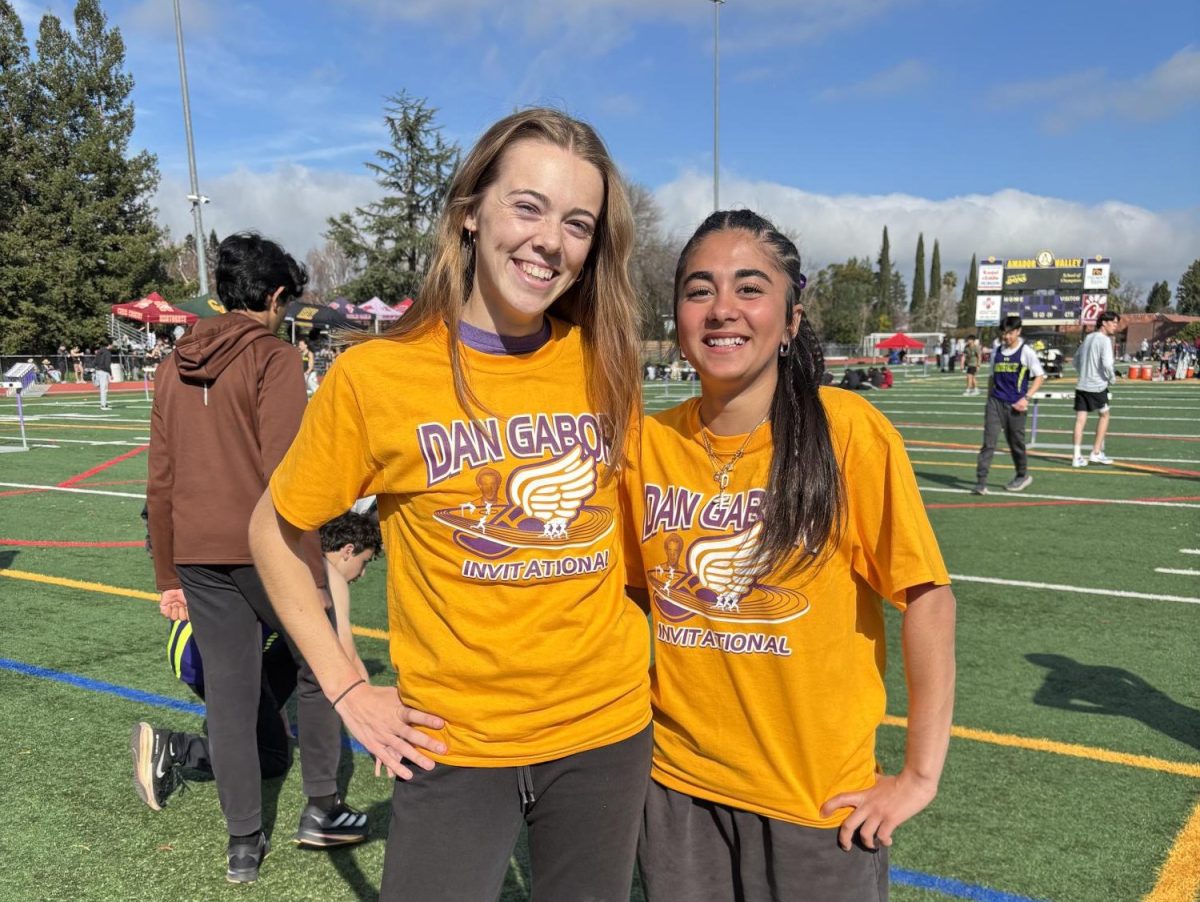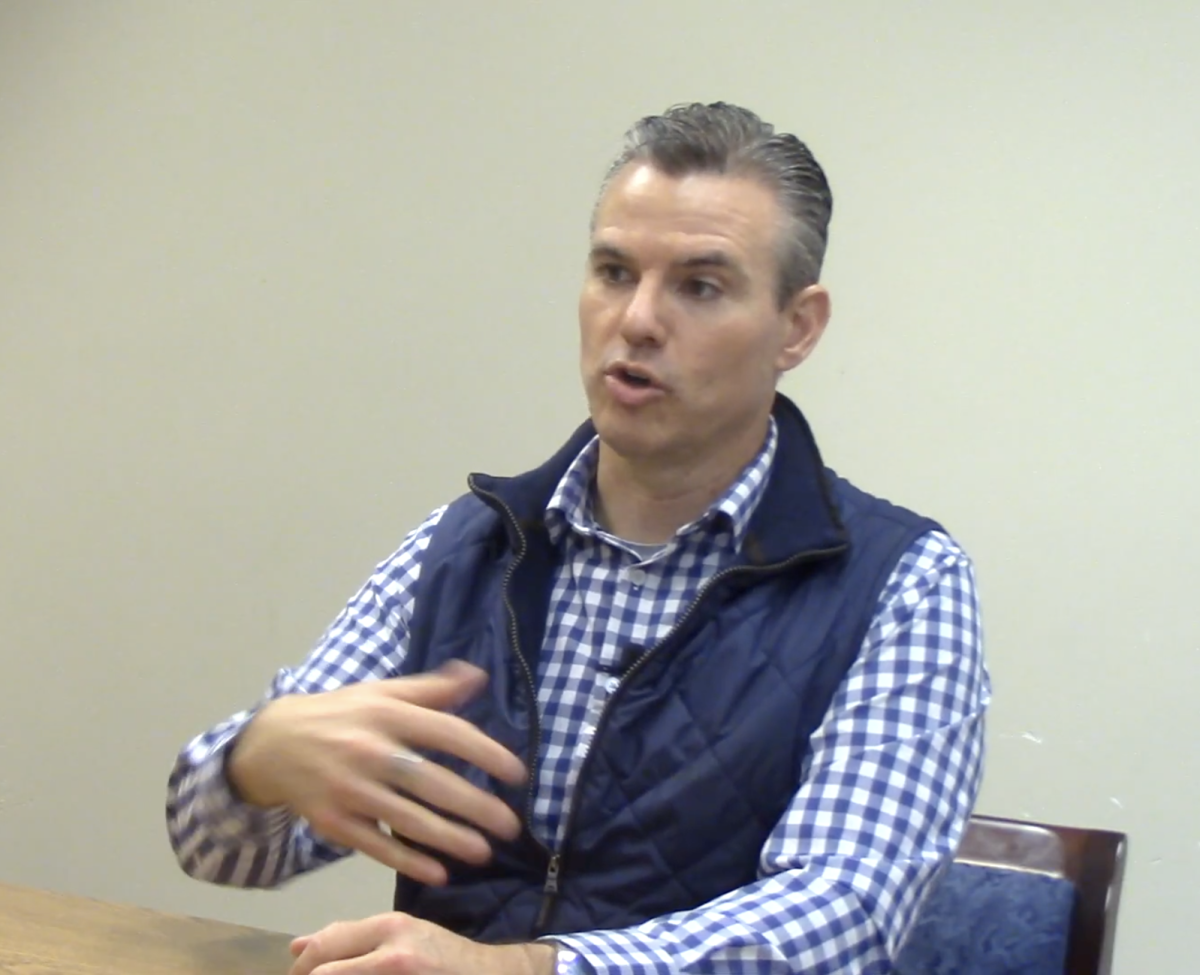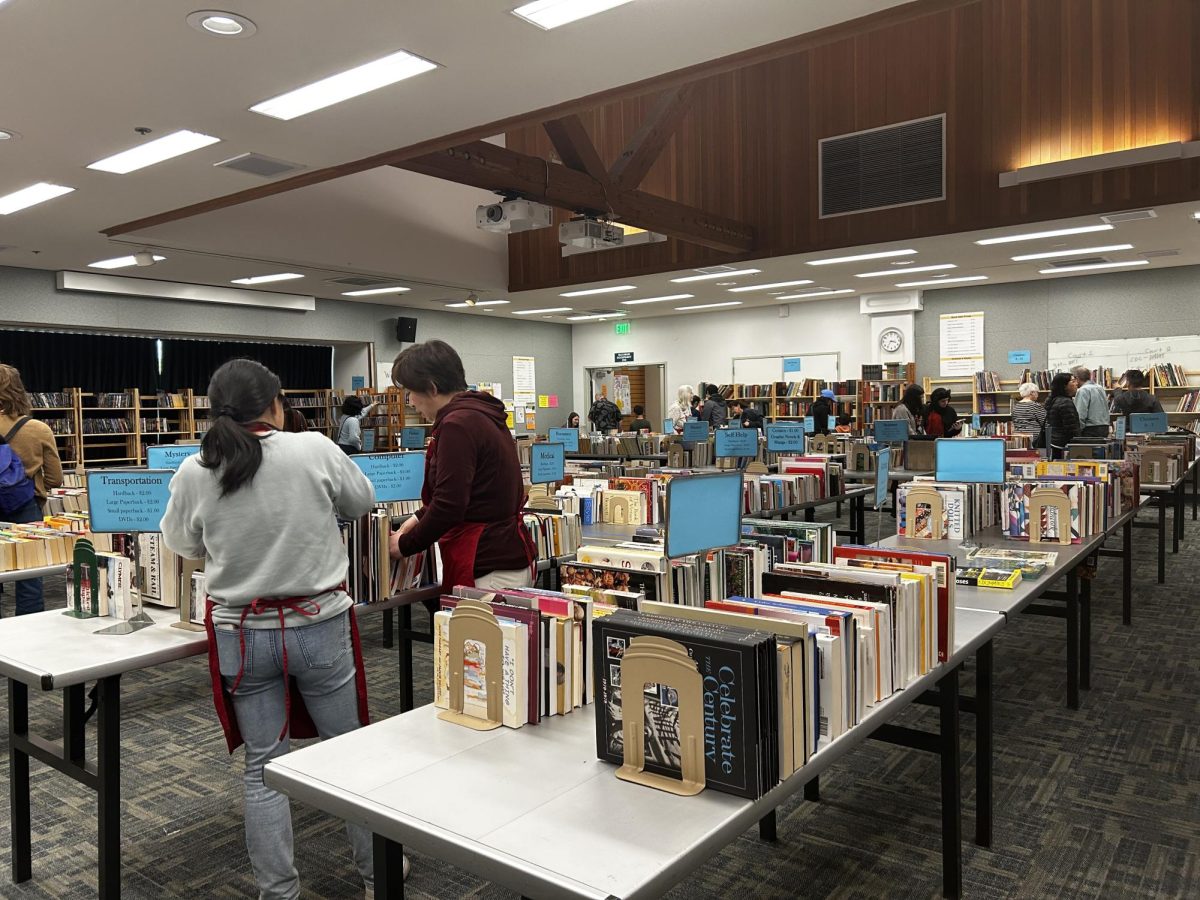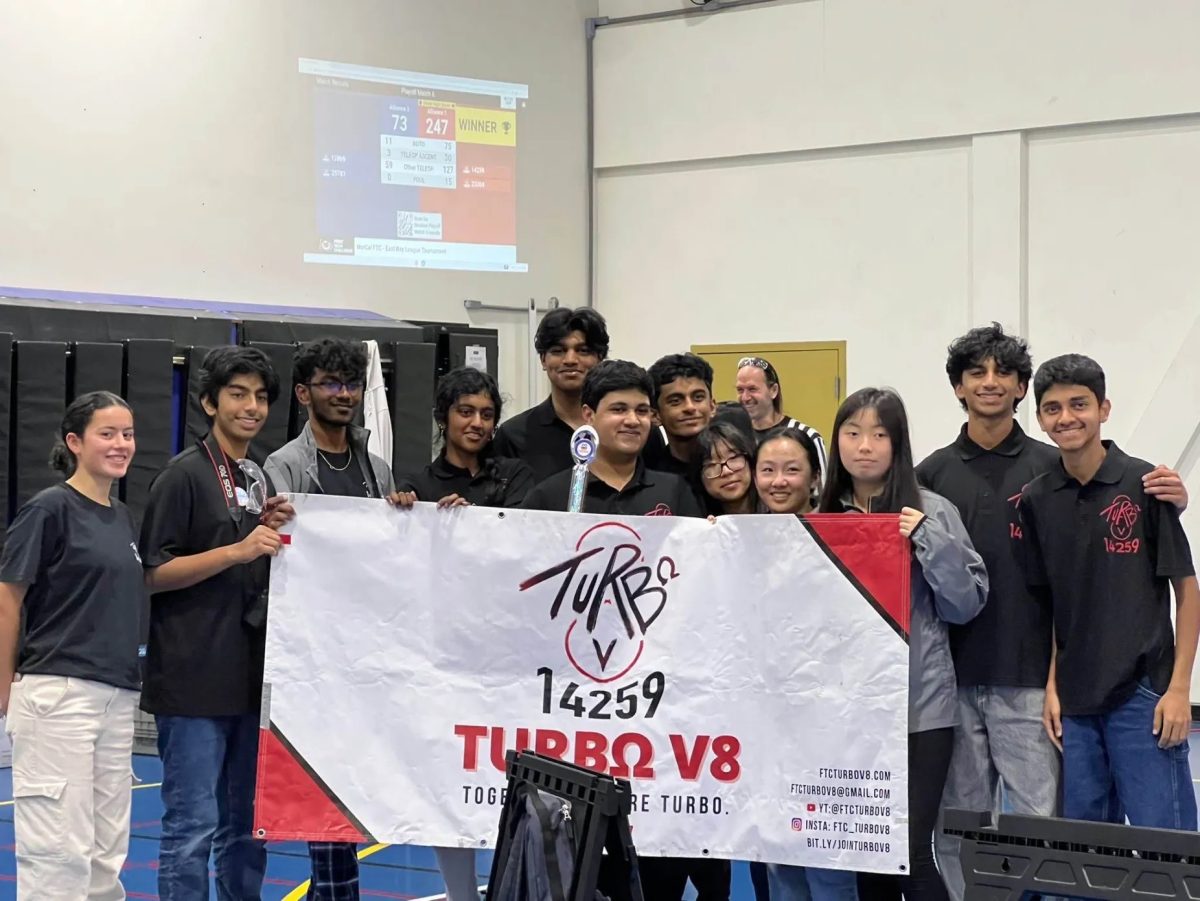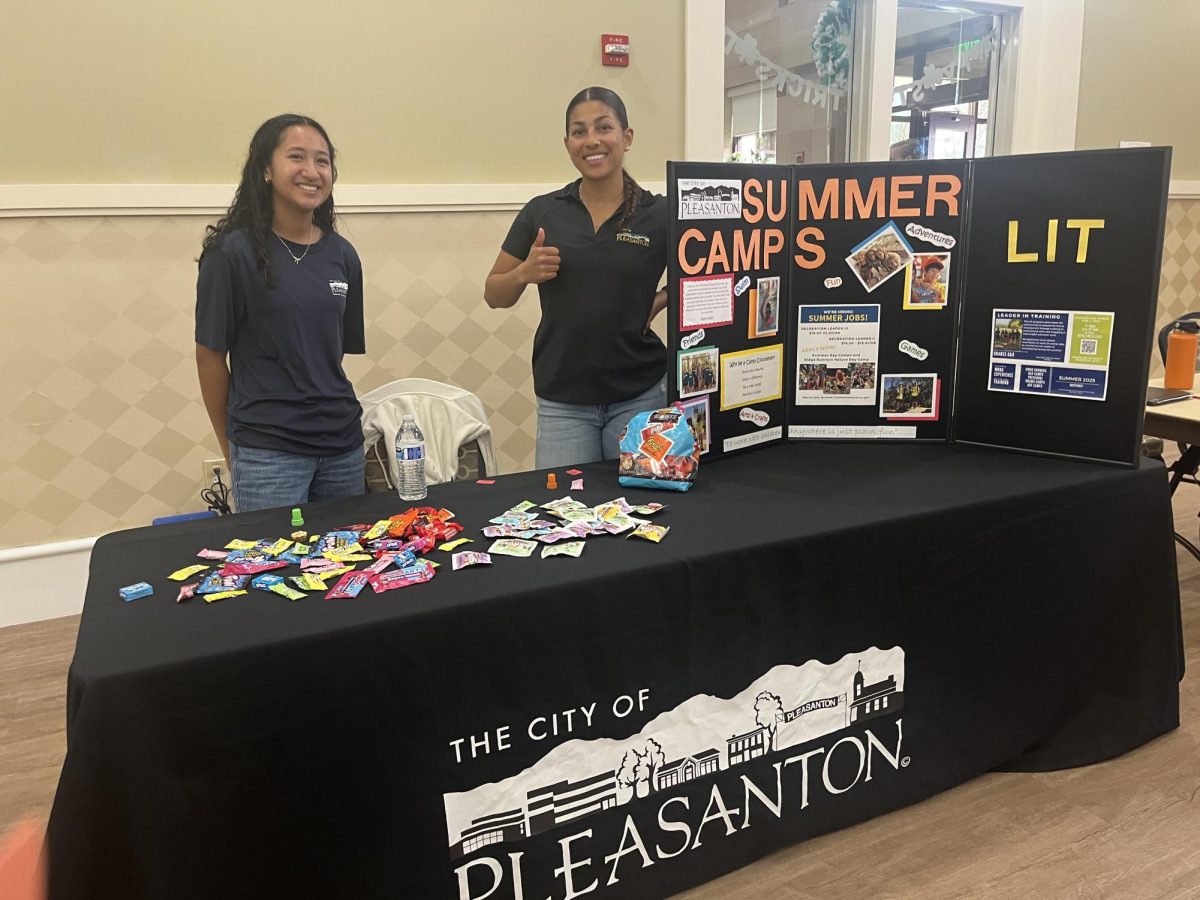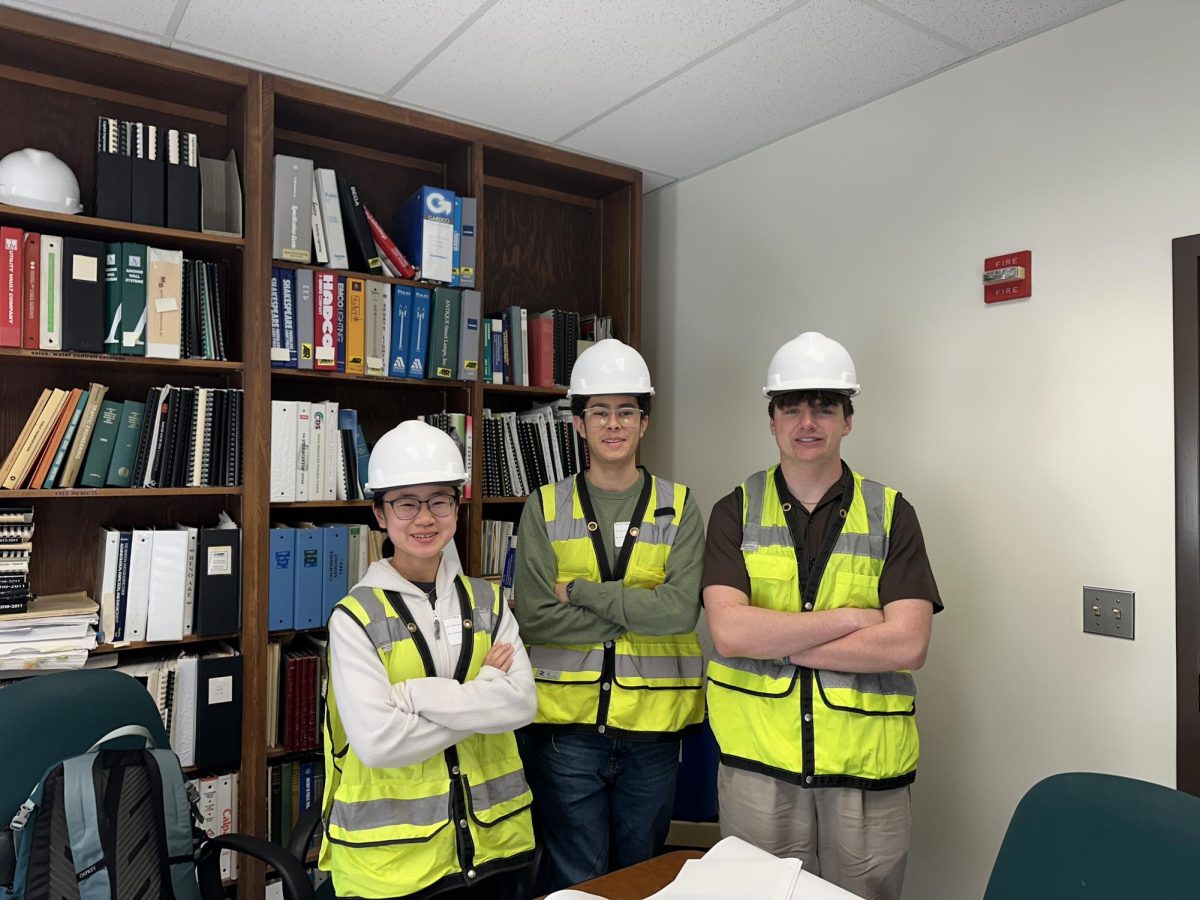In the first year of the all-new Advanced Computer class, students build hardware projects that are useful to the real world, gaining hands-on experience working on both the software and hardware fronts.
With Career Technical Education (CTE) grants from the school district, the school ordered Raspberry Pi kits, low-cost computers intended to be customized and modified with additional components and sensors.
“There is a lot of problem-solving that goes on. Not all the steps are up to date, and you need to go back and figure out what the correct [software] packages are. Definitely, there is the problem-solving piece, but more just creativity and giving students new ideas without [them] feeling limited,” said Advanced Computer Science Teacher Kevin Kiyoi.
Along with the development, students must also create an abstract of what the project hopes to accomplish. And to go with that, they must write a documentation guide for people who want to recreate the device.
“This is going to be important in the tech sector. One day, when you create something new, you are going to allow other people to try this project, too. So you need to have all the steps and procedures correct and clear,” said Kiyoi.
Students chose from a catalog of different hardware devices, all of which utilized the kit’s different parts and sensors. However, they must first propose a practical use for their project in their documentation.
“The application for [my project] in the future is probably self-driving cars because the cars could discern if it’s a safe distance from other objects and cars. I really enjoyed how we are learning new things that not a lot of us in the class have done,” said Advanced CS student Kalyan Archakam (‘24).
The focus of the class is more than simply learning how to create technology for the modern world. It’s also considering how it impacts society. Throughout the week, students discussed the dangers, benefits, and potential solutions of new technology such as AI.
“What I enjoyed about the class is learning the social implications of using things like AI and all these materials. It’s interesting because we need to learn how it affects us on a daily basis and not just the hardware aspect of it,” said Archakam.
Focusing more on networking devices, the Cybersecurity class will soon start projects with this. They use such projects to expose students to the contemporary and practical skills they may employ in their careers.
“Previously, I had only really been working on software projects but this experience has really opened up the door. It makes me consider possibly getting into hardware engineering too,” said Advanced CS student Shlok Sharma (‘25).
The Advanced Computer Science class aims to help students experience a variety of modern fields of technology. This specific Raspberry Pi project is only the beginning of a series of more projects to come.


